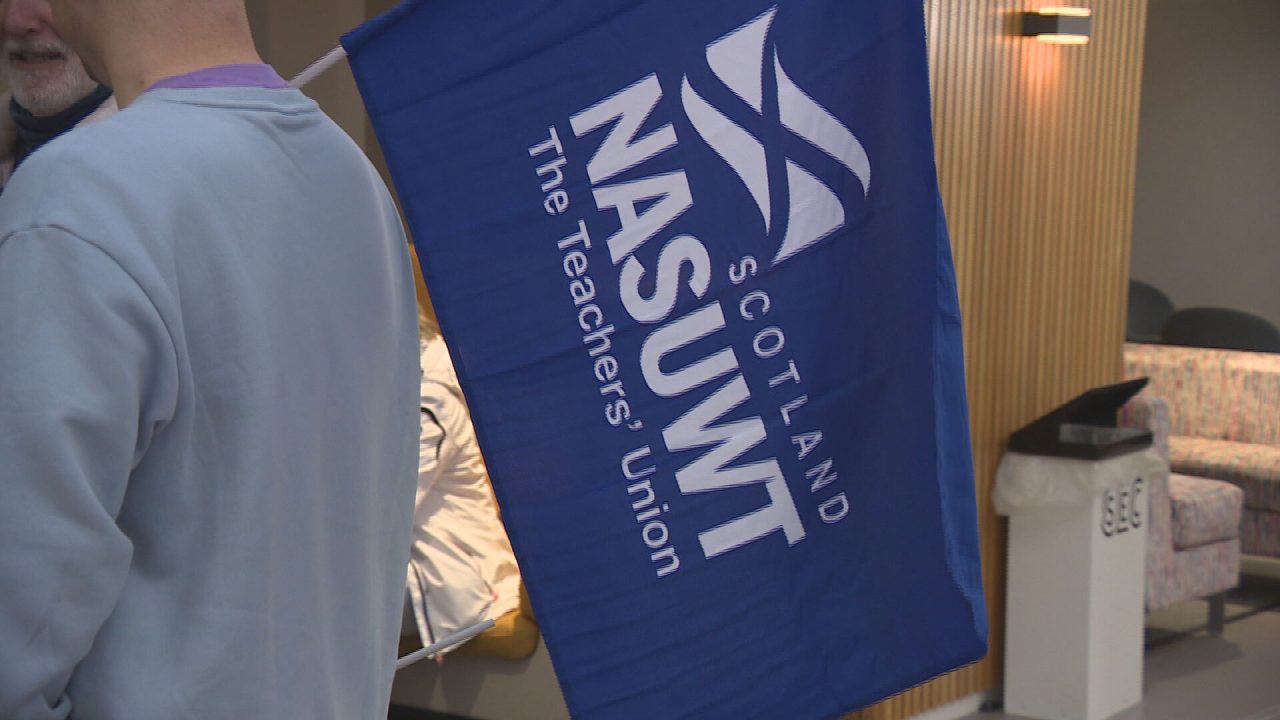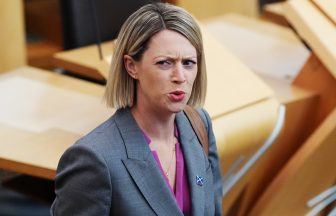A teaching union has rejected a revised pay offer put forward by the Scottish government.
The head of the NASUWT union said the rejection by the majority of its members reflects the “depth of anger” among teachers.
Strike action will now go ahead as planned on Tuesday, February 28, and Wednesday, March 1, after 75% of members said they were prepared to take further industrial action to secure improvement to their pay.
“The latest pay proposals are a marginal improvement, but would still result in a real terms pay cut for teachers this year,” said Dr Patrick Roach, NASUWT General Secretary.
“The fact that the majority of our members have told us they reject this offer reflects the depth of anger amongst teachers who have endured cuts to their pay, despite rising levels of workload and deterioration in their working conditions.
“Our members expect a real pay rise which reflects the hugely important and challenging nature of teaching.”
Educators across the country have walked out of classrooms over the past few months during industrial action over Holyrood and local authority body COSLA’s failure to present an adequate agreement.
Colleagues represented by the Educational Institute of Scotland (EIS) continued targeted strike action in constituencies represented by key ministers on Wednesday.
Mike Corbett, NASUWT National Official Scotland, said: “While we want to resolve this dispute, our members are prepared to continue to take action to secure a competitive and fair pay award for teachers which will support recruitment and retention into the profession.
“Ministers and COSLA must come forward with a further pay offer which addresses seriously the real-terms erosion of teachers’ salaries which they have presided over since 2010.”
Education secretary Shirley-Anne Somerville said: “Our focus is on resolving the industrial dispute, delivering a fair and sustainable settlement for teachers and ending disruption to pupils, parents and carers.
“We are very disappointed at the rejection of the latest pay offer – the fifth offered to unions – which would have meant an 11.5% increase, or £5,000, in April for most teachers, and a cumulative increase of almost 30% since January 2018.
“We are working with partners, including the SQA, local authorities and education directors, to put contingencies in place for exams should industrial action continue. The National e-Learning Offer continues to offer a wide package of support that pupils preparing for exams can access from home.
“I hope that everyone involved in this dispute would be able to agree that we do not want to see exams disrupted and I continue to urge teaching unions to suspend industrial action while pay talks are ongoing.”
Follow STV News on WhatsApp
Scan the QR code on your mobile device for all the latest news from around the country


 STV News
STV News
























